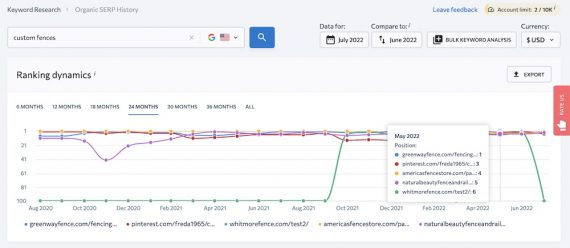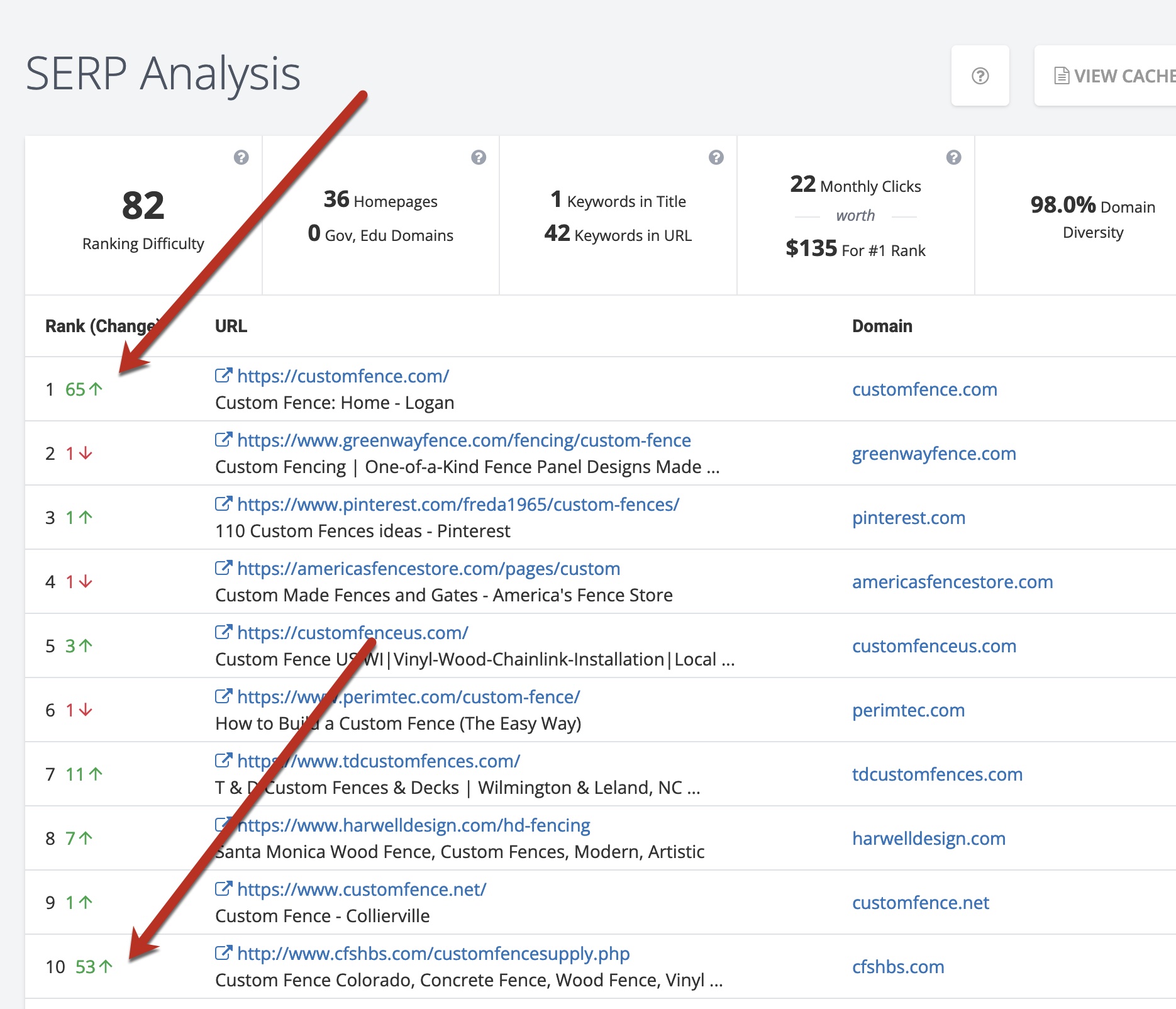SEO: Keyword Research for a New Site - Practical Ecommerce
An established website has many options to expand keyword lists and identify organic search opportunities.
But what if a site is new? How can it identify keywords without data? Certainly the owner would understand the niche and the obvious search queries for a related product or problem.
Then what? Here are three ways to narrow a keyword list without internal data.
Keyword Tactics for a New Site
Identify keywords with little competition. A new site has no domain authority and credibility. Ranking for "short tail" keywords with much competition is near impossible.
Instead, focus on little-used terms, those with low keyword difficulty scores. Assemble intuitive keyword lists and filter for "least difficult" to rank on page 1 of search results. Tools such as Semrush, Ahrefs, and SE Rankings offer those filtering features. Consider using more than one of those tools, as each has unique methods for measuring "difficulty."
Research keywords of another new site in your niche. Mining competitors' keyword data is another way to identify organic search opportunities.
The key is to avoid established sites and analyze a niche competitor that launched a year or two ago. A new site cannot compete with, say, Amazon. Attempting it would produce highly cluttered lists given the diverse rankings.
However, a newer site climbing search engine rankings would likely provide a slew of keyword lessons.
SE Ranking, the SEO platform, offers a helpful feature to spot a newer competitor that recently achieved a page 1 ranking in Google for a given query. To access, go to "Keyword Research" > "Ranking dynamics" > "View detailed report."
The result is a graph of URLs in the top 10 results for a given query and timeframe — from 6 to 36 months or "All," which displays the tool's entire historical dataset for the keyword. Experiment with timeframes until you see a page that entered the top 10 seemingly out of nowhere.
In my experience, the tool has sparse data for long-tail, less popular queries. But it has an extensive history for high-volume keywords, showing fluctuations in rankings.

SE Ranking offers a helpful feature to spot page one rankings in Google for a given query. To access, go to "Keyword Research" > "Ranking dynamics" > "View detailed report." Click image to enlarge.
SpyFu, another tool, has a helpful search-result tracking feature flagging URLs that gained or lost positions over a specified timeframe for a given keyword. It's a handy way to identify rankings for newer sites (or any other site). Clicking any domain will produce basic stats, such as its top keywords, estimated Google traffic over a year (to track increases or decreases in clicks), top pages, and advertising keywords (which reflect the site's organic priorities).

SpyFu shows URLs that gained or lost positions over a specified timeframe for a given keyword. Click image to enlarge.
Google Search. I always search on each keyword before adding it to an SEO plan. Google's search-result pages offer many clues as to how consumers look for a product or service and the likelihood of appearing on page 1.
For example, some targeted queries may have strong local intent, producing maps at the top of search results. Some will have entertainment associations, generating images and videos throughout the results.
Keep an eye on those and other search elements for clues on whether to target the query.
Comments
Post a Comment